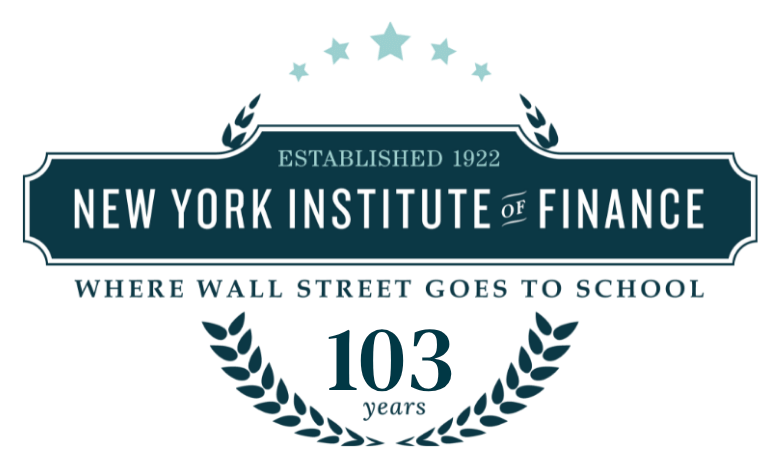Qatar National Bank increases stake in African lender Ecobank
By William Wallis. This article originally appeared on the Financial Times website, FT.com on September 15th, 2014
Qatar National Bank has become the dominant shareholder in pan-African lender Ecobank Transnational after increasing its stake to 23.5 per cent in a sign of growing Gulf appetite for African assets.
The Gulf’s largest lender said in a statement it had raised its stake in Ecobank after spending $283m to buy an additional 11 per cent share in the lender on Monday.
The Qatari bank earlier this month bought a 12.5 per cent stake in the bank worth about $220m from Nigeria’s Asset Management Corporation, the vehicle set up by the Central Bank of Nigeria to absorb non-performing loans in the wake of a 2009 banking crash.
Some Ecobank shareholders were unnerved by the Qatari buying spree, which they fear could dilute the bank’s African character while putting other large shareholders whose capital is restricted in a disadvantageous position.
South Africa’s Public Investment Corporation, PIC, was hitherto the bank’s leading shareholder but its capital is restricted by a 20 per cent cap. QNB’s unexpected acquisitions could disrupt the plans of South Africa’s Nedbank, which has had a strategic partnership with Ecobank since 2008 and has options this year to convert debt of $285m and buy equity also capped at 20 per cent.
The caps and a separate clause in the bank’s charter restricting institutional shareholdings to a maximum of 24.9 per cent were brought in after a previous failed hostile takeover of the bank by Renaissance Capital, the Russian investment bank.
Albert Essien, Ecobank’s chief executive, said QNB had warned him of the acquisitions and the bank’s board was also fully aware. He said that the Qatari’s intention was to stay within a 20 per cent threshold needed for the bank to hold an associate account in Ecobank. This would allow them, according to international accounting standards, to account for a share of the profits the group makes.
He said they had increased their share beyond 20 per cent in the expectation that Nedbank’s debt conversion would dilute the bank’s share capital marginally later this year.
“This could be very complementary to Nedbank. QNB is from the Gulf. Nedbank is from the south. It could help the institution to grow stronger,” he told the Financial Times.
Another senior executive said Ecobank was “working closely with QNB to ensure that its shareholding is brought within the 20 per cent threshold in line with the position of the ETI Board”.
Some of Ecobank’s pioneering shareholders in west Africa are fiercely protective of the bank’s pan-African ethos, and west African origins. The latter, however, has become increasingly difficult to defend as the bank has expanded across 36 countries in Africa with a complex blend of individual and institutional shareholdings.
Mr Essien played down concerns among some shareholders that the bank’s founding mission, to promote financial integration of African markets, would be threatened by the Qatari position.
In a statement QNB said its latest purchase would strengthen its “partnership” with Ecobank. QNB has announced its ambition to become the largest bank in the Middle East and Africa by 2017 – it is second in terms of assets, behind South Africa’s Standard Bank – and has been looking for acquisition targets in the region.
“This move further consolidates the growth strategy pursued by the QNB group over recent years,” the bank said in a statement.
QNB Capital and Morgan Stanley advised QNB on the transaction.
About New York Institute of Finance
With a history dating back more than 90 years, the New York Institute of Finance is a global leader in training for the financial services and related industries with course topics covering investment banking, securities, retirement income planning, insurance, mutual funds, financial planning, finance and accounting, and lending. The New York Institute of Finance has a faculty of industry leaders and offers a range of program delivery options including self-study, online and in classroom.
For more information on the New York Institute of Finance, visit the homepage or view in-person and online finance courses below:
